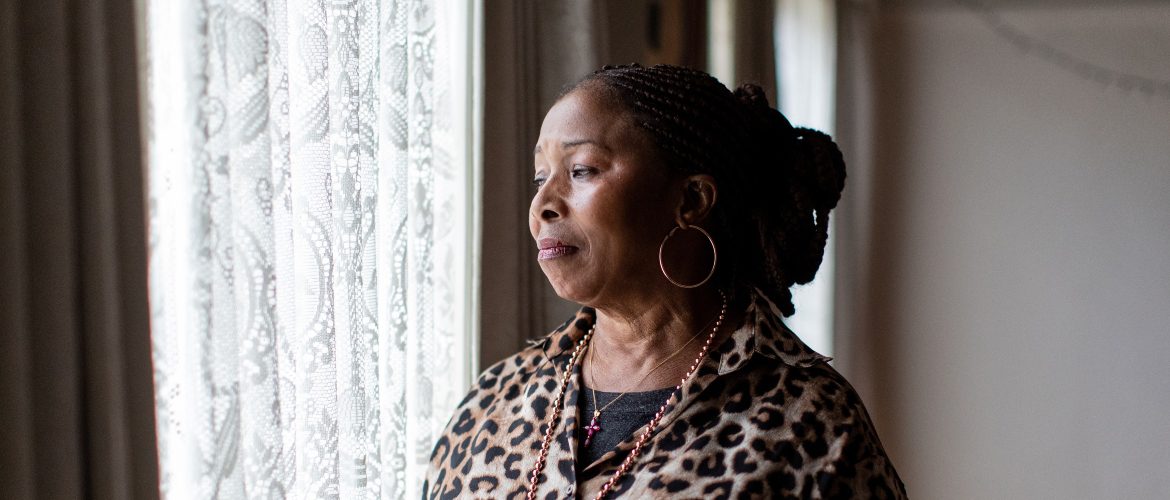
Lucy is from South Sudan*. She has lived in Australia since 1991. Lucy was separated from her three-year-old daughter Susan in 1988 due to civil war in Sudan. They were eventually reunited in Australia in 1994.
Lucy’s experience of war is embedded in her memory. She says, “The war it came close to the city and then in 88 they started bombing the city. They started shelling, bombing the city, and so people started finding their way to escape — to walk, to run — you have to escape to the nearest border country.”
Little Susan was spending the weekend with her uncle (Lucy’s brother) and cousins when the city was bombed. They fled to Uganda to escape the violence, leaving Lucy behind with no knowledge of their whereabouts.
Lucy says, “They escaped and they left me behind. And then it became intense and there wasn’t food in the city, there was nothing.
“I wasn’t able to get any contact; there was no telephones, no letters … no other way for communication.”
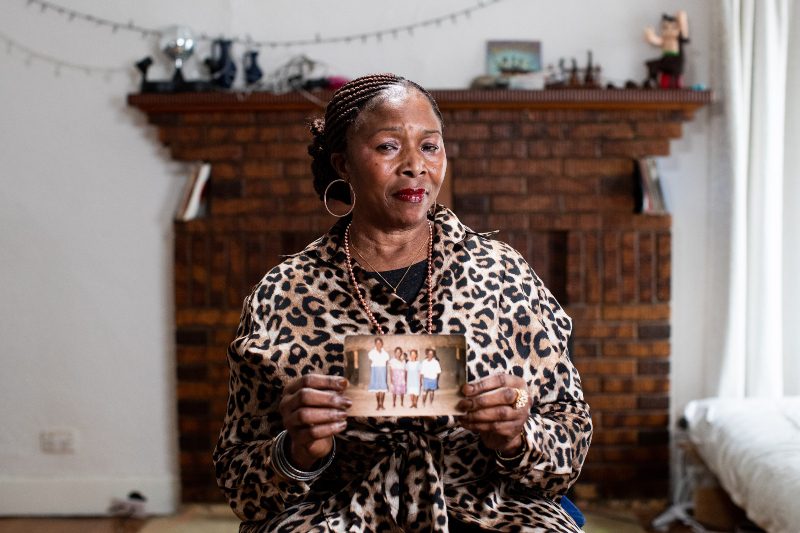
The trauma of separation
Lucy was devastated by the loss of her daughter: “I felt lost. I felt like something very special is missing. I don’t have my daughter and I don’t know where she’s gone, and there’s war … We don’t know whether she was safe with my brother, where they’ve gone, or if [they’ve] been killed.”
“My heart was broken. I didn’t know what to do — I just felt empty.”
“The stories keep coming that lots of people died on the way. They say they were walking, they got kidnapped, they got killed, the girls got raped … All the bad things are going through my mind that I don’t know whether she’s alive.”
A year later, as the situation deteriorated in Sudan, Lucy and her ex-husband escaped to Nairobi, Kenya. She made contact with another brother Ben, who lived in Australia, and applied for a Family Reunion visa. In 1991, she made Australia her new home but, without her precious daughter Susan, the picture was incomplete.
Lucy says, “When I arrived in Australia, I didn’t know where she was. I didn’t know.”
As it turned out, a few years earlier, Ben had travelled to Uganda to visit a refugee camp where Sudanese people from his family’s village were believed to have found refuge. He photographed some of the people he met at the camp.
Ben shared these photographs with Lucy when she arrived in Australia and — much to her surprise and delight — she spotted Susan’s familiar face in the photos.
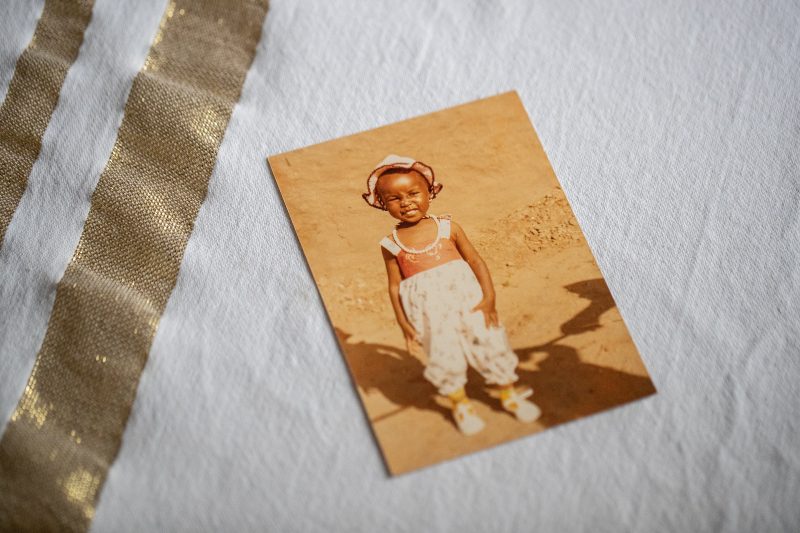
Lucy says, “I was so happy … you just feel full of joy in your heart, you feel like you are alive, you can breathe.”
They instantly set about contacting Susan and finding a way to bring her to Australia. It took three years for Susan’s Family Reunion visa to be granted, so she was nine years old by the time she finally reunited with her mother in Australia in 1994.
Finding sanctuary
The six-year separation ruptured Lucy’s bond with her daughter. Susan had grown up in the refugee camp, in the care of her uncle, so Lucy was like a stranger to her.
Lucy says, “It took us a lot of time for us to heal, to understand each other.”
In time, Susan reconnected with her mother, overcame her feelings of abandonment, and embraced her new home in Australia.
There were hurdles along the way. Susan had to learn a new language and navigate a new culture. She also encountered challenges in school. But she persevered and today draws upon those experiences to motivate her work in the community, especially with young people.
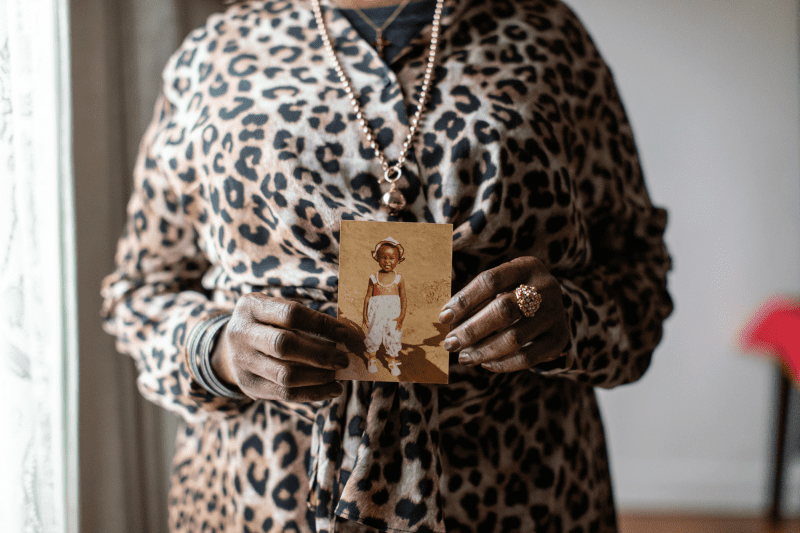
Lucy reflects on the challenges of separation: “A refugee doesn’t have a choice because they have to go, they have to run.”
“You go because you need to leave … if you don’t escape to another country, you’ll die.”
“Separation is not a choice, nobody’s choice. Separation is the biggest trauma and is the biggest torture. Even if you are here in Australia, if you are separated, the only way that will heal — that pain and that trauma — is to get reunited with [your] loved ones.”
“If you don’t have that reunion and you are missing your family member, your life will always be torn apart — you can’t settle. You can’t do any better; your life will be done. In that case, I’m very lucky that I was able to get reunited with Susan.”
Stronger together
The reunion was a critical part of the healing process for Lucy. She explains, “That helped a lot for me and my family, for us to get reunited with Susan, because it brings us together and it makes us a whole — one family — and we both heal. Even if we went through that war, you can move forward because you [tell yourself], ‘Okay, that was history now, so we moving forward because now we are all together — we are one, we are strong.’”
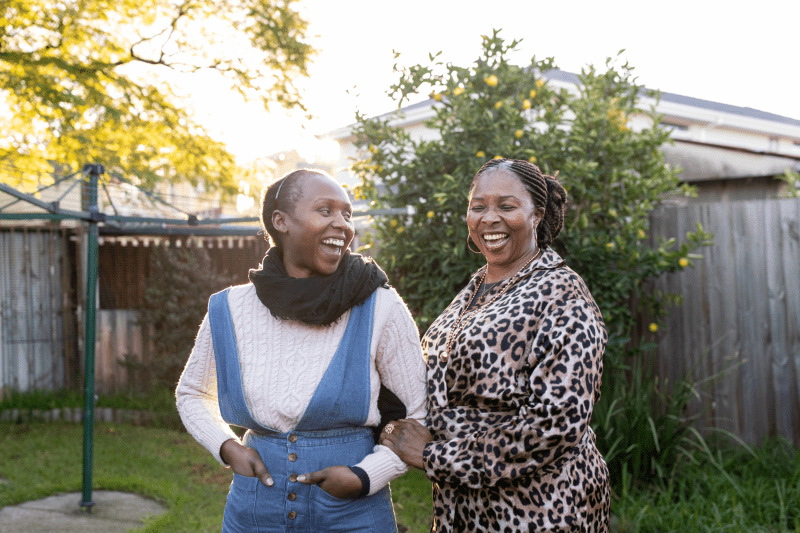
“Family reunion is a very strong thing to heal the wounds of the war.”
Family is also very important to Susan. She explains, “For me, it’s about providing a sense of belonging. As humans, we need to have that belonging, I think it’s part of our identity … it’s important to know you belong somewhere, and to know where you belong. I’m very proud of my family now.”
Lucy agrees: “Now, my life is better, and now I feel complete. I’ve got my family together so I feel complete.”
These days, the bond between the mother and daughter is strong, made even stronger by the recent birth of Susan’s daughter Sophia*.
Lucy says, “I’m blessed now to have a granddaughter and have [Susan] as well.
“I’m very proud of Susan. She is very strong, with all the challenges and hardship she went through. And I believe that when you go through a lot of hardship, it makes you a strong woman and makes you a strong person.”
“Susan has achieved a lot … she is a very determined woman.”
“She is very organised and very certain. And I’m very proud of her — the whole community is proud of her.
“She is a hardworking woman. If there’s anything in the community, she gets involved … she does a lot with the community. She never sits back and watches things go. She’s always there, one step ahead.”
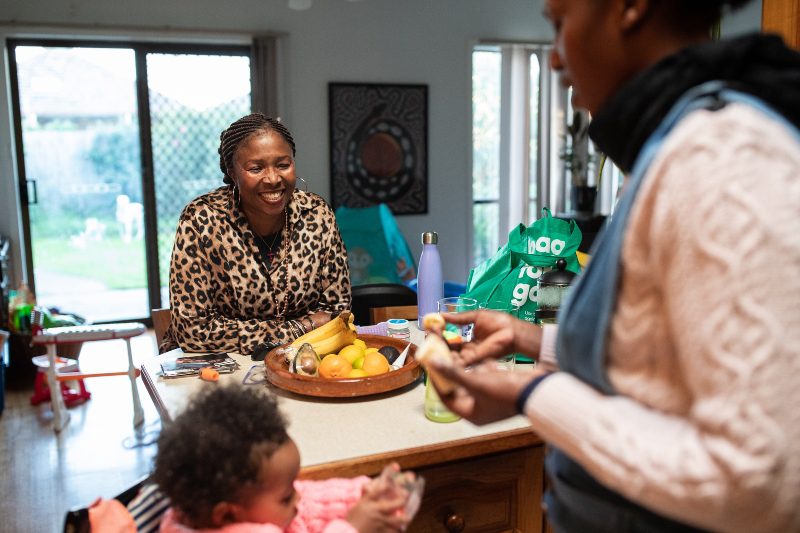
Lucy is happy with the life that her family has made here in Australia. She says, “I feel very proud of this country … I feel that I’m very lucky.”
“And I’m so grateful that Australia is opening doors for refugees to come in a proper way, in a good way, through the process.”
* South Sudan was officially recognised in 2011.
** Name change to protect identity.